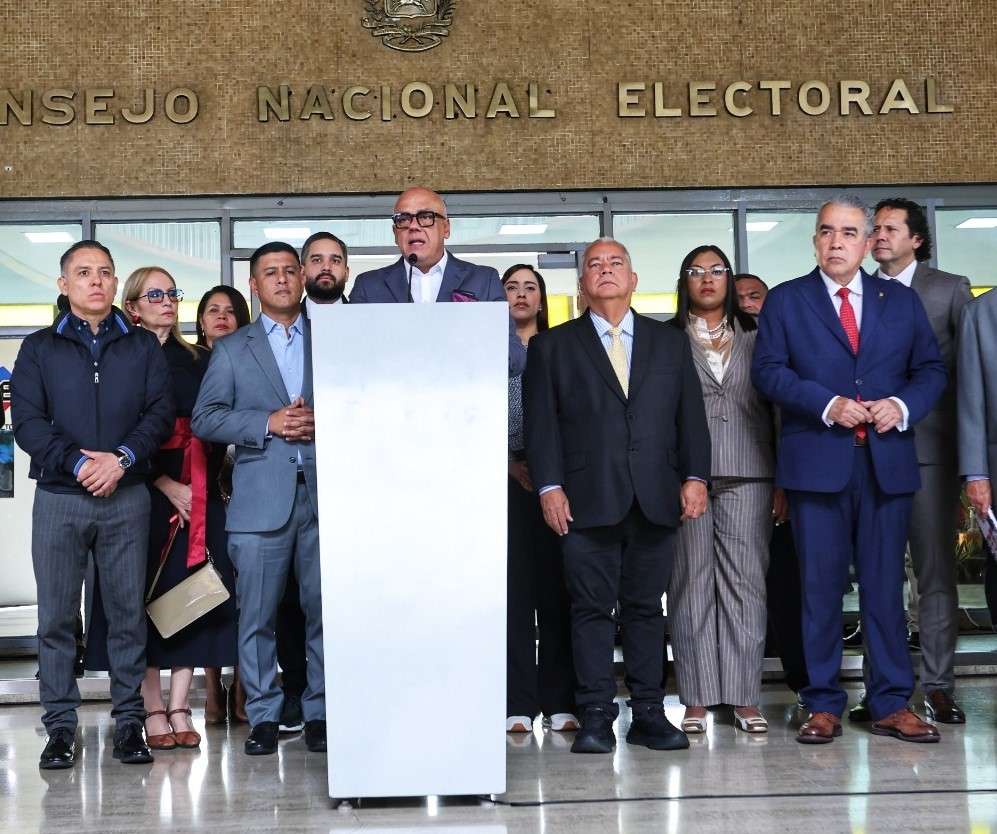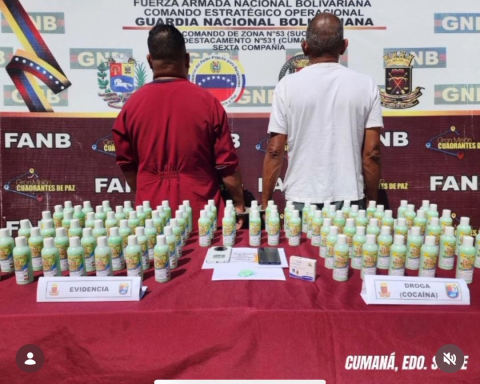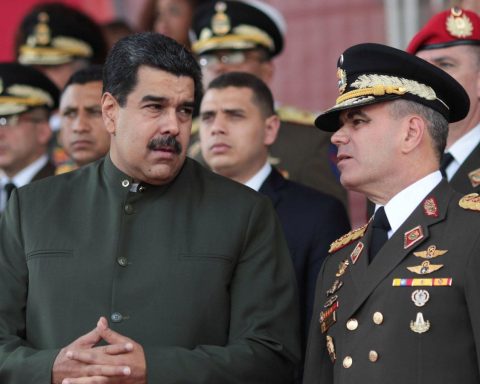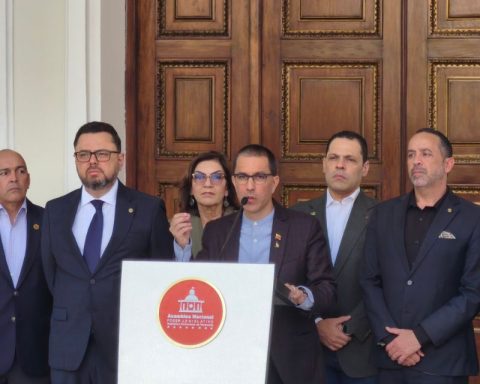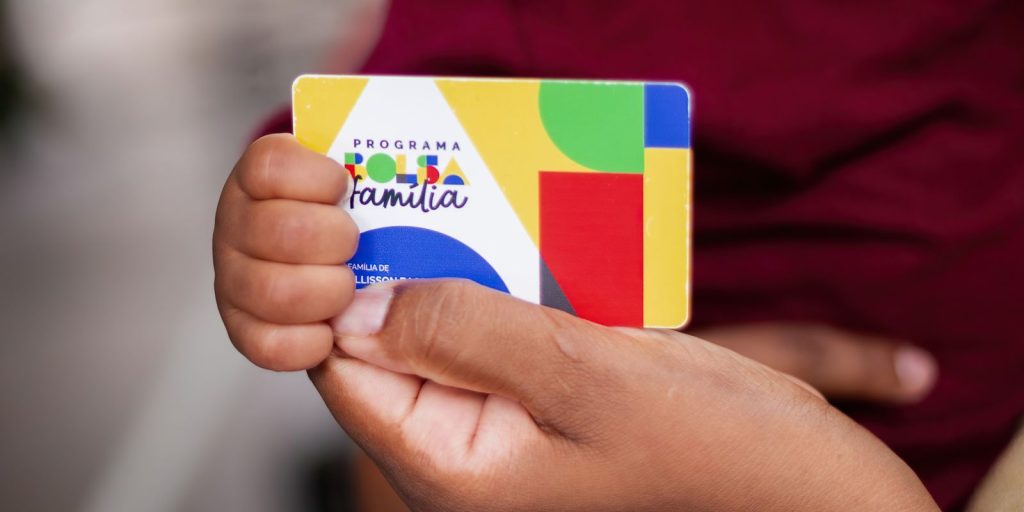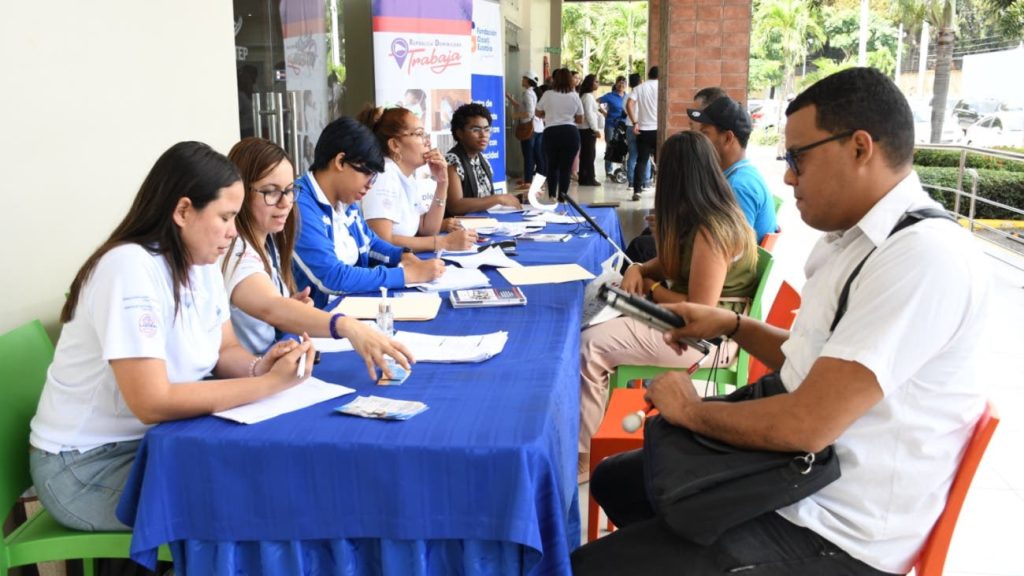The president of the National Assembly, Jorge Rodríguez, reported this Friday that the National Electoral Council (CNE) decided to call a permanent session to make a first approximation of “the nine or ten electoral events” that will be held this year 2025.
This was stated by Rodríguez at the CNE headquarters, where he was received by its president Elvis Amoroso, to present him with a document with the proposals for the elections to be held this year, which includes possible dates for their holding.
Proposal in two parts
Rodríguez indicated that the document is divided into two parts: the first corresponds to the general elements of the election such as how the calls for candidates and voters should be made, accreditation processes, proposals to safeguard the vote, among others; and the second part refers to the proposals arising from political parties and groups of voters, on how the elections will be held: whether together or separately.

In this sense, he said that since last week the Dialogue and Meeting Commission with the political, social, cultural and economic factors of the National Assembly has been holding a series of meetings “with all the political factors, all of them. I am referring to the broad spectrum of political groups and groups of voters that live in the country”, to talk about the schedule of the 2025 elections.
“We took on the task of listening to political factors. “We took on the task of listening to the sectors of society that wanted to give their opinion on how the 2025 election year should be organized,” said the parliamentarian, explaining that an election is not just a date, it includes the necessary prior and subsequent actions.
Rodríguez highlighted that all the political parties that participated with their cards in the elections of July 28, 2024, participated in the meeting.
“All the factors have attended these meetings, the 37 political factors, including the cards that elected Manuel Rosales as governor of Zulia; Alberto Galíndez as governor of the state of Cojedes; Sergio Garrido, as governor of the state of Barinas, and Morel Rodríguez, as governor of the state of Nueva Esparta; and of course all the parties of the Great Patriotic Pole, as well as all the parties of the democratic opposition factors that were also favored by the vote, and are now deputies to the National Assembly,” he specified.
At least nine elections
He noted that “at least nine elections, and most likely ten,” will be held this year. The six popular consultations, the parliamentary ones, that of governors of the 24 states, that of mayors and municipal councils.
Regarding the election of governor of Guayana Esequiba, he indicated that the CNE will organize everything corresponding to it to be carried out, since this is what the people decided in the last Consultative Referendum.
Electoral laws can be revised
He pointed out that within the framework of dialogue, electoral laws can be reviewed, with the exception of the Organic Law of Electoral Processes, “the only law that cannot be modified six months before an electoral event is called. This law establishes the requirements to be a candidate and they are those established in the Constitution of the Bolivarian Republic of Venezuela.
“All other laws can be reviewed and can be addressed within the framework of the dialogue that is taking place. The Special Electoral Commission of the National Assembly is still working,” he explained.
Organic Law Liberator Simón Bolívar
Rodríguez stressed that everyone who wants to participate in elections must respect the electoral laws, including the new ones that were recently approved.
In this regard, he said that “as a result of the barbaric and absurd situation that someone who was born in this territory is requesting sanctions, blockade, invasions and military interventions,” the Liberator Simón Bolívar Organic Law was approved, which “must be respected.” , it has to be applied, and the CNE will surely address not only that, but all the laws that affect choosing or being elected,” he added.
After delivery of the proposed electoral schedule, the CNE must make the corresponding evaluation to choose dates and convene the other public powers to organize the electoral events.
